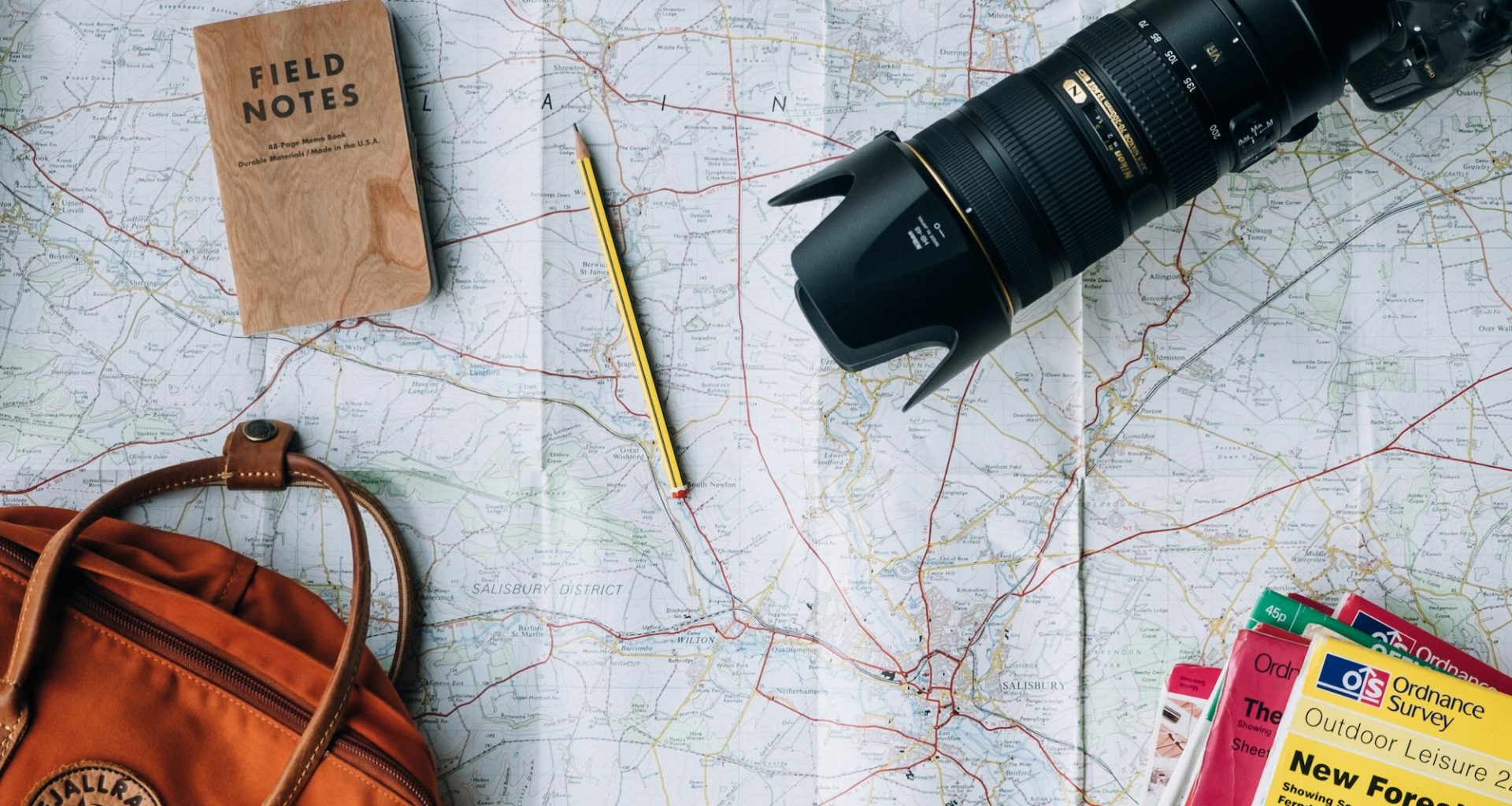Have any travel plans this summer?
When you leave behind your normal routine, you also leave behind your normal to-do list and all the stress that comes with it.
What you shouldn’t leave behind? Your habit of serving others.
And you don’t have to.
Whether you’re catching a flight or gearing up for a road trip, discovering new places and experiences means new opportunities to do good—just make sure you pack intentionality and respect in your duffle bag.
Consider these eight simple tips:
1. Research before your visit
No one wants to accidentally offend someone in another culture or let a sleeveless shirt ruin a visit to an important archeological site. Thankfully, a little research can prepare you to be a respectful visitor.
Here are some questions worth Googling before you depart:
- What are the guidelines for tipping?
- Is there a dress code at any scheduled stops?
- What are the most common tourist missteps?
- How to say “please” and “thank you” in the local language?
- What are local guidelines on waste disposal?
2. Shop and dine locally
Give small businesses a boost by shopping and eating locally. Make sure to spread the word about your favorite places by leaving a five-star review online.
3. Invest in reusable travel supplies
Help reduce plastic waste, starting in your toiletry bag. Instead of buying miniature versions of items you already own, or using the tiny shampoos in your hotel, invest in containers you can take with you for the next 10 summers.
4. Support a local cause
What if you found a small (or big) way to give back to your host community? Consider donating to a local food or diaper bank during your visit. Or, if you have time, incorporate a volunteer day into your schedule.
Ian Melnyk did just that on a trip to Hawaii in 2023. After spending a week on Oahu, Melnyk traveled to Maui to support The Salvation Army’s Emergency/Disaster Services (EDS) responding to devastating wildfires in Lahaina. Visiting volunteers like Melnyk helped The Salvation Army prepare thrift store merchandise for families with vouchers, paint offices and sort toys for Christmas distribution.
Wherever you’re going, you can reach out to Salvation Army officers (pastors) in the area to discover volunteer and donation opportunities.
5. Use reef-safe sunscreen
According to the National Ocean Service, many sunscreens contain chemicals that have been linked to coral reef deterioration, further endangering an already fragile ecosystem. If you plan to swim during your travels, Save the Reef recommends sunscreens with active ingredients like zinc oxide and titanium dioxide instead of Oxybenzone or Octinoxate.
6. Follow ‘Leave No Trace’ principles
When you travel, remember you are a guest in someone else’s community. The seven “Leave No Trace” principles—which include disposing of waste properly, leaving behind what you find, respecting wildlife and being considerate of others—serve as a useful guide for travel etiquette.
7. Meet new people and have genuine conversations with them
During your travels, you’ll likely meet people very different from yourself—people who work different jobs, have different customs, follow different faiths or speak different languages.
By seeking to understand and appreciate different perspectives, you can develop an empathetic worldview that accounts for both individuals’ unique experiences and common humanity. Moving forward, you’ll be better equipped to advocate for others.
8. Keep what you’ve learned in mind when you return home
Maybe you learned about conservation while camping or the power of kindness at the airport. Maybe you have new historical context to understand current events or some wisdom from a new friend.
Bringing these new perspectives into your old routines and sharing them with your friends and family keeps the impact alive.
Do Good:
- Are you best suited to Do Good in disaster relief? Mental health? Social justice? Take our What’s Your Cause quiz and discover where you can make the biggest impact today.












